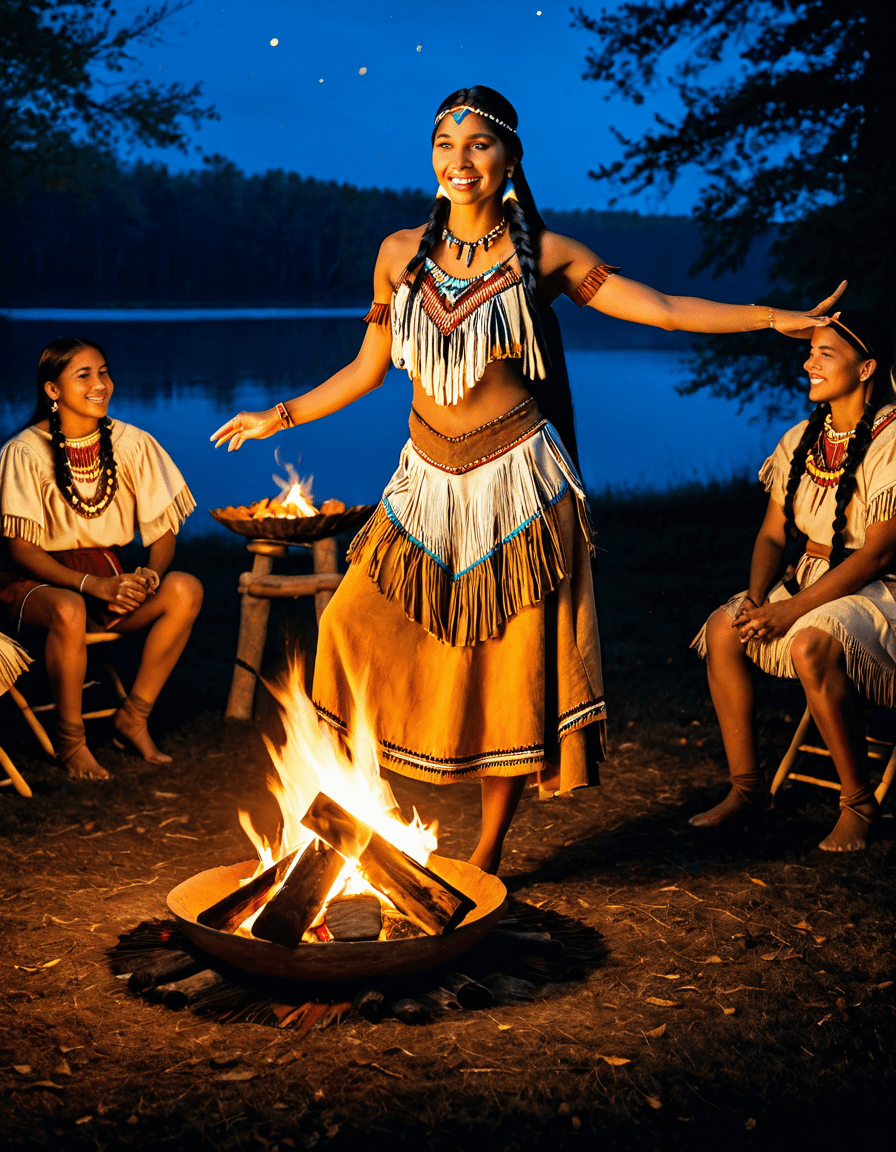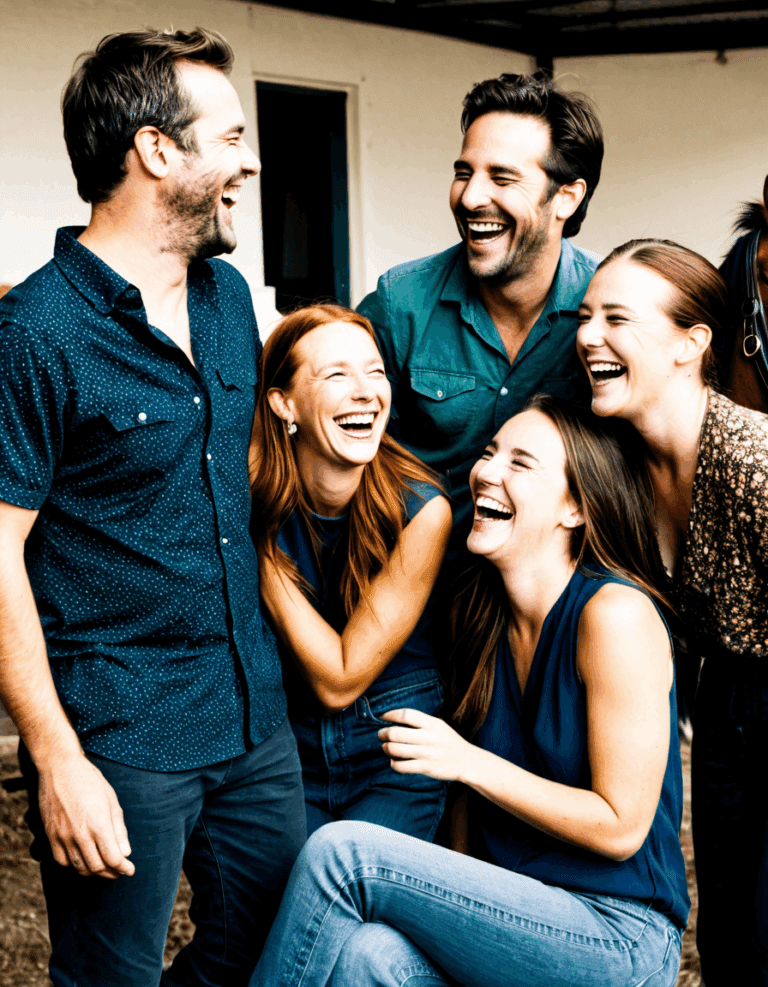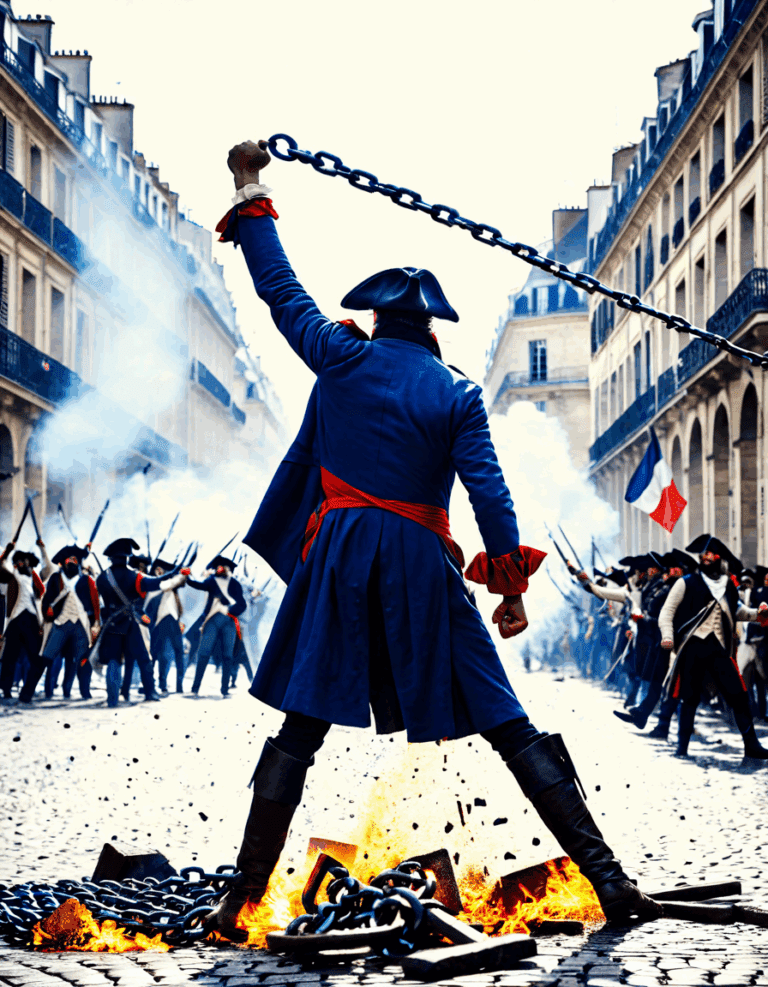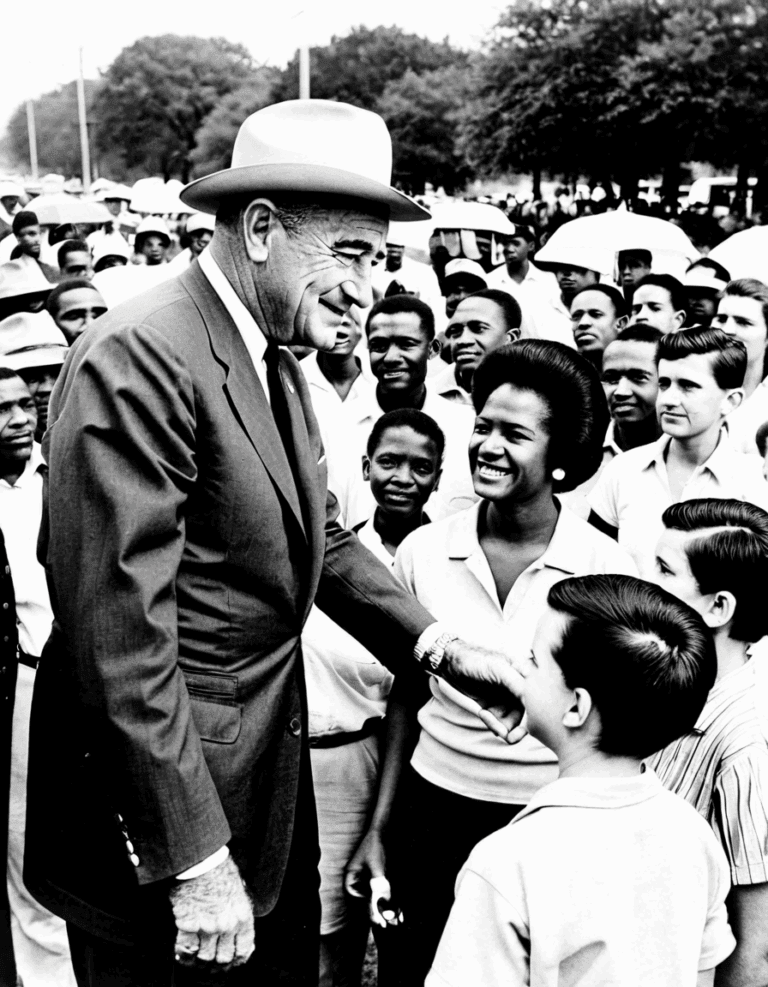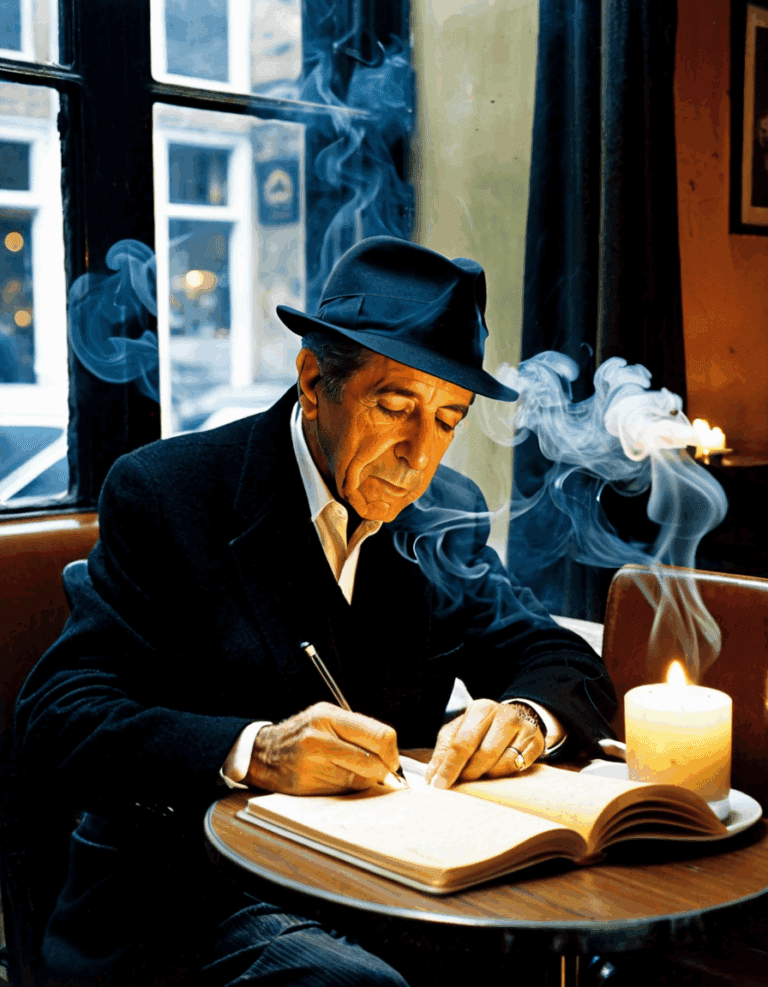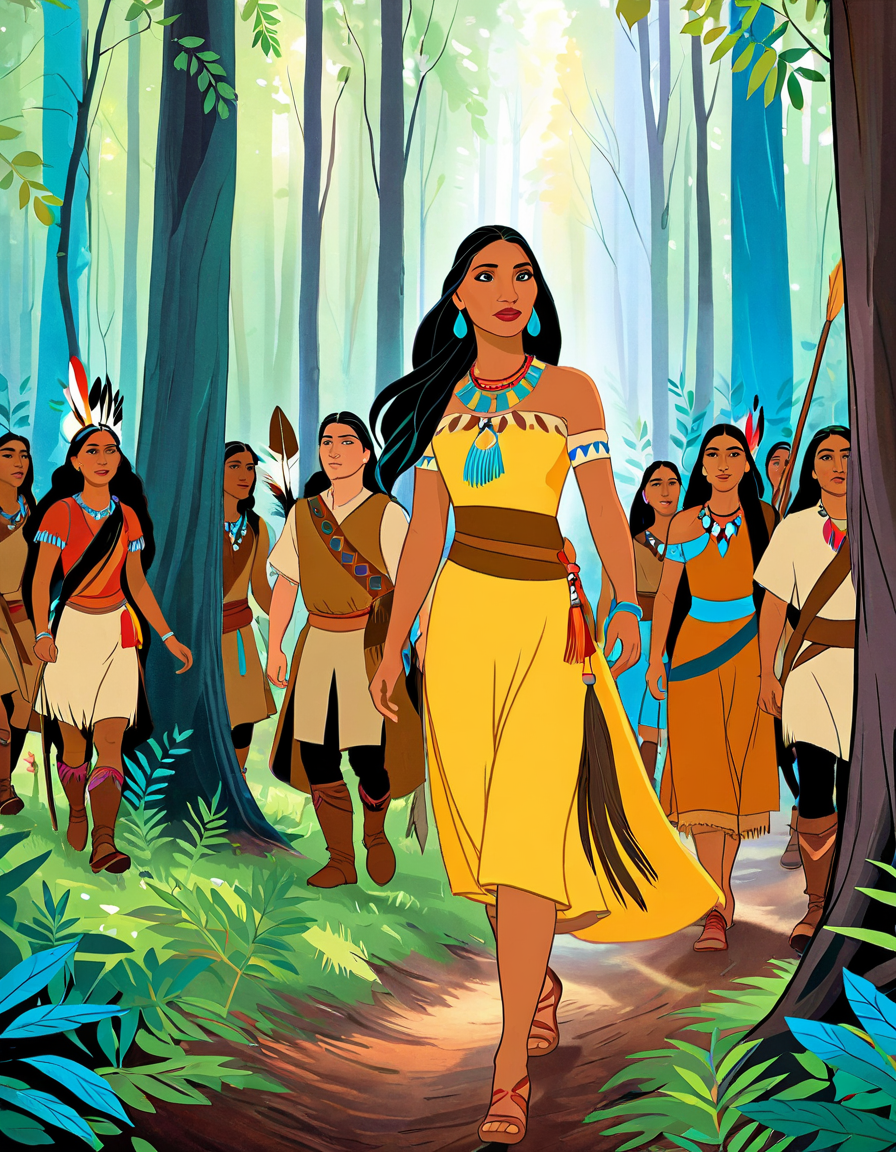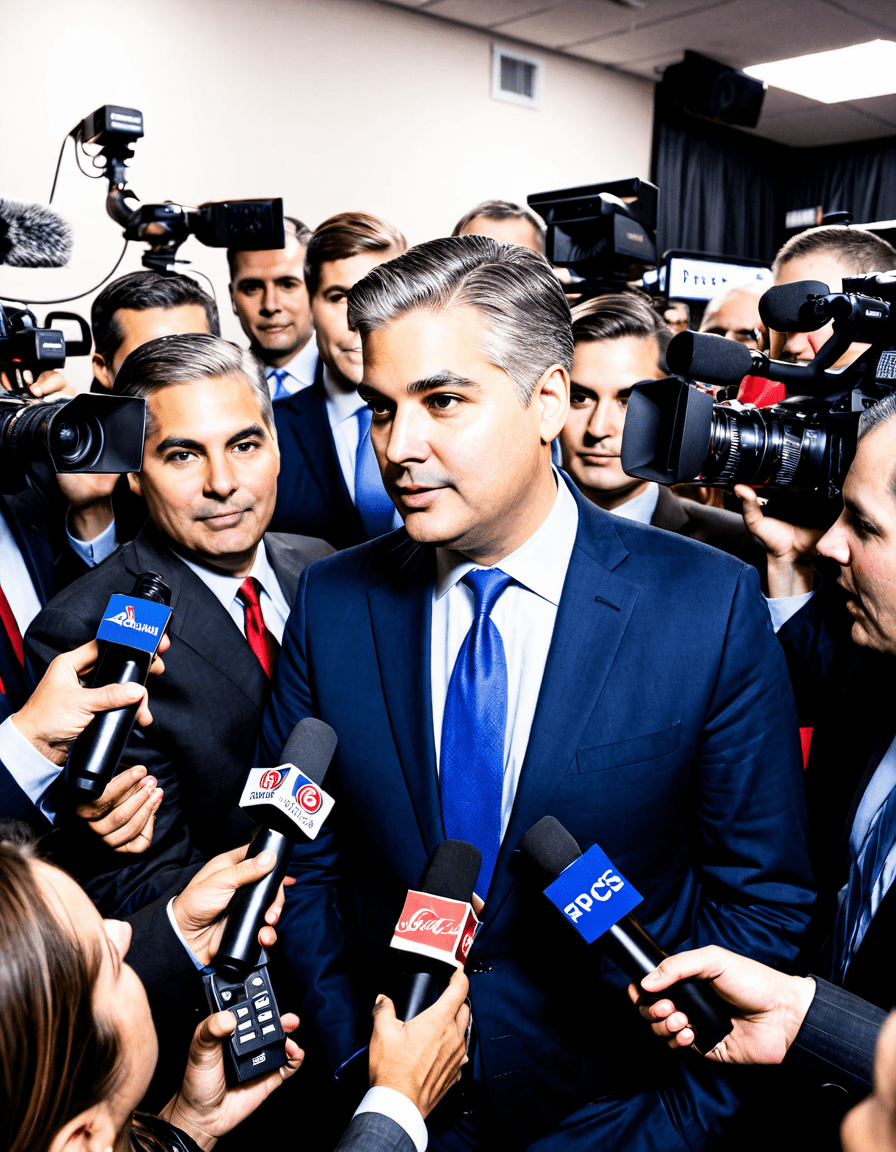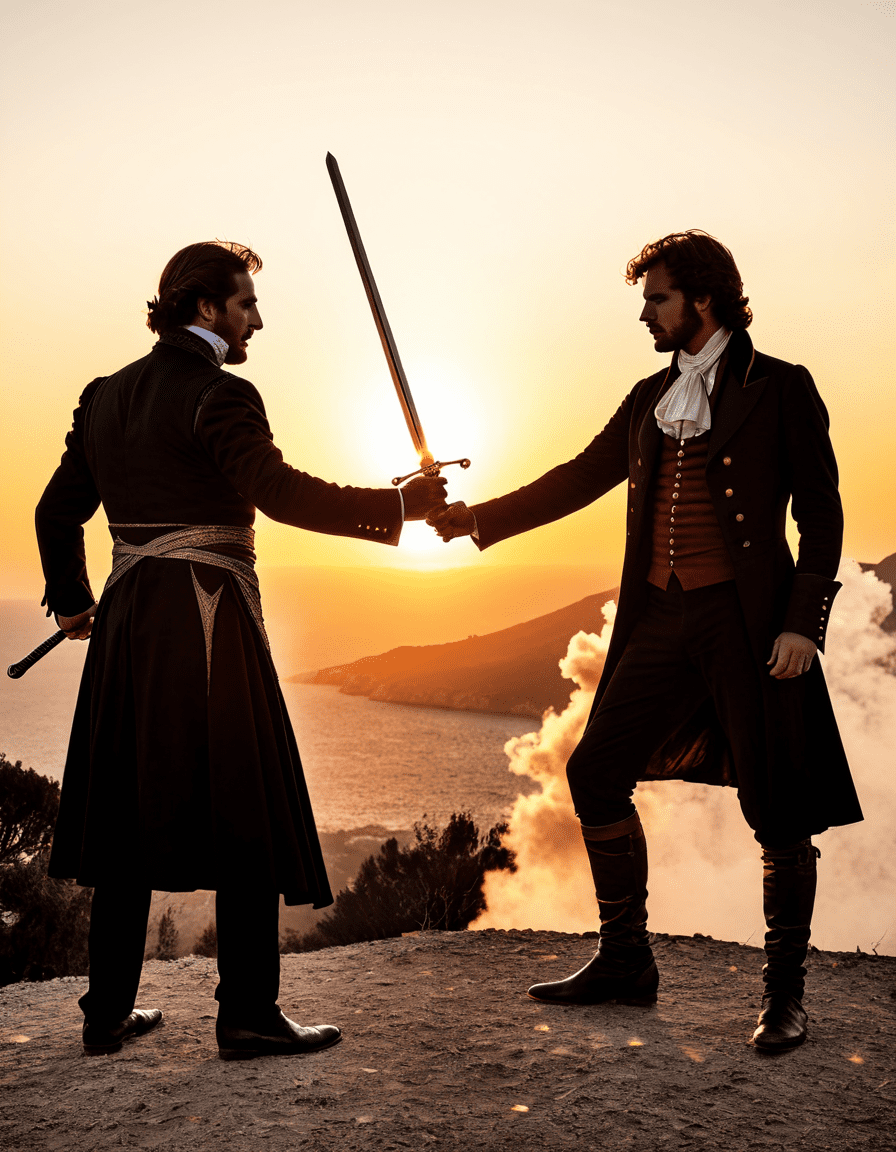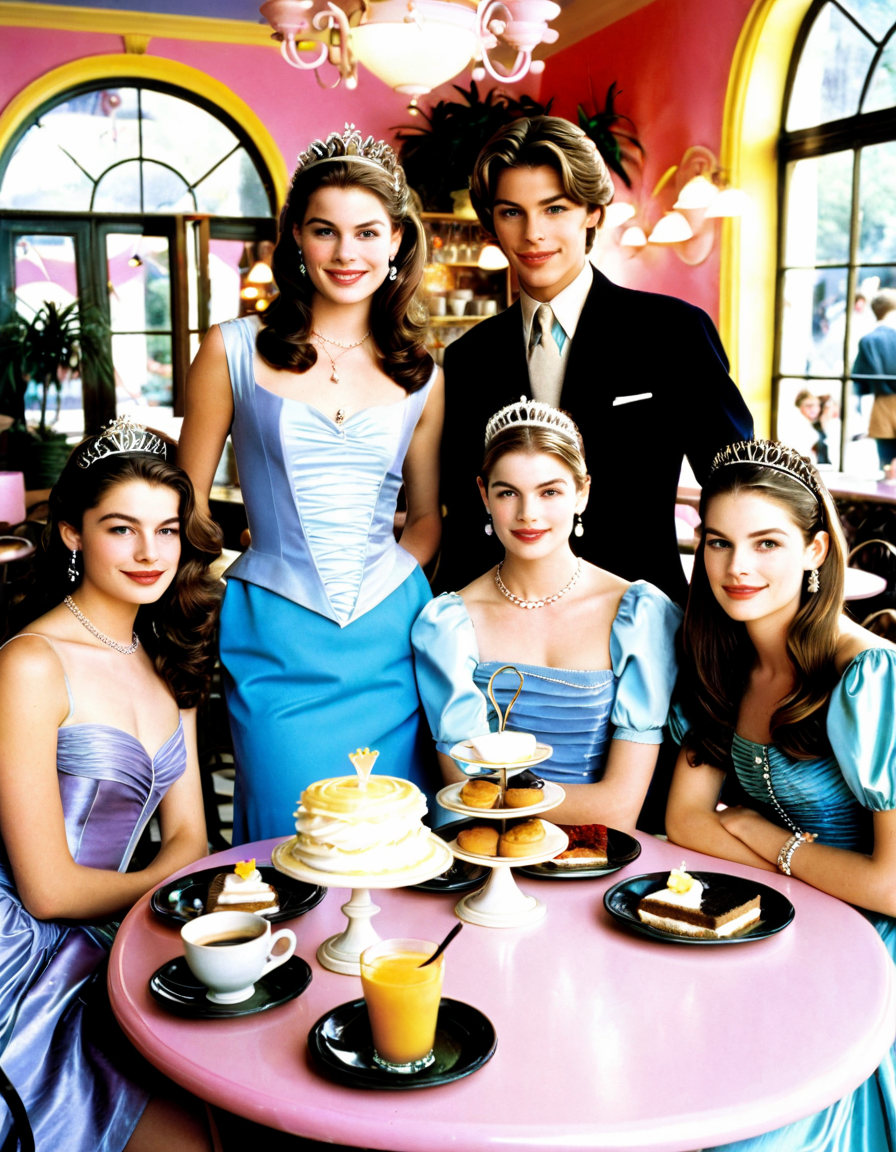Pocahontas, the daughter of Powhatan, chief of a confederation of Algonquian tribes, is often painted as a symbol of bravery and resilience. Her life and choices influenced not just early American history but also reshaped how we view Native American culture during a pivotal time. This article dives deep into Pocahontas’s world, how she navigated conflict with English settlers, and the legacy she’s left—one that still resonates with us today.
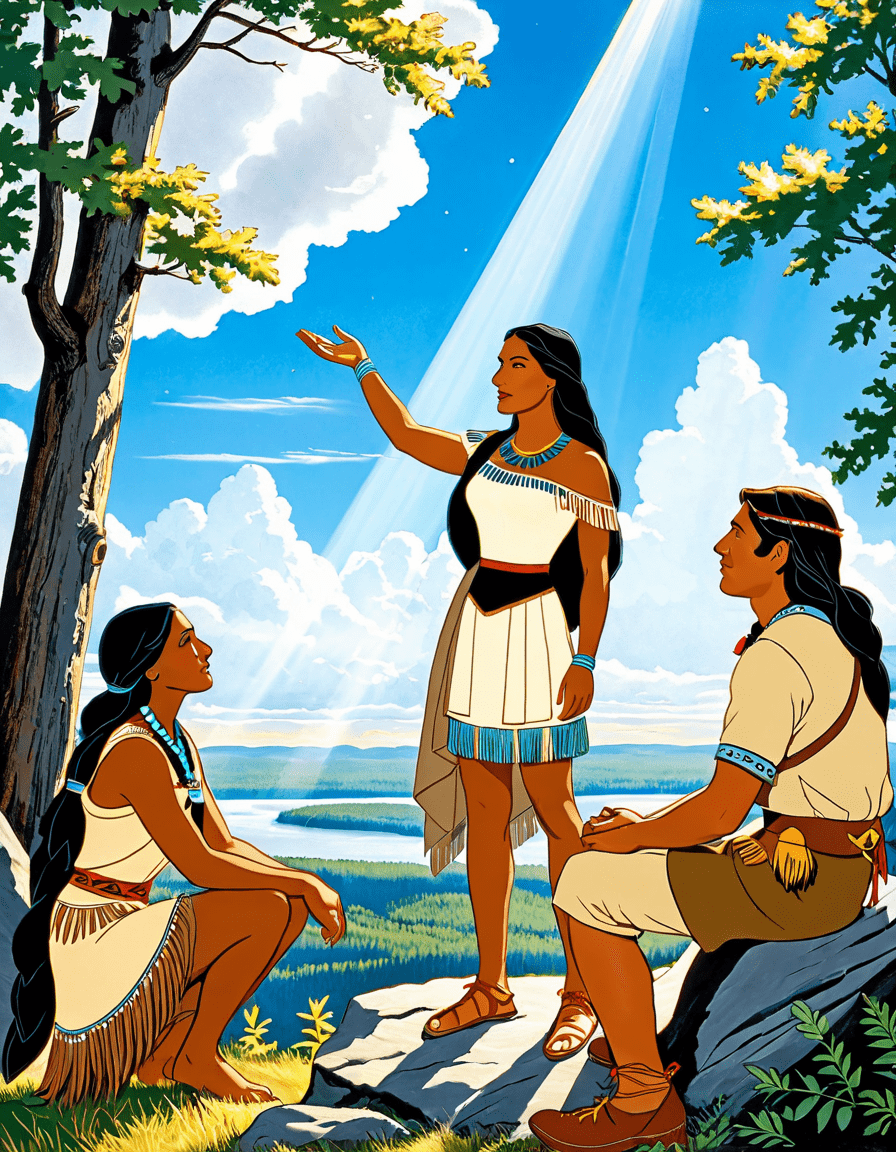
Pocahontas and Her Legendary Impact on American History
In an era fraught with tension between cultures, Pocahontas is like the ultimate warrior—someone who harnessed courage and diplomacy to bridge two worlds. When you think of Pocahontas, the mind conjures up images of strength and grace, a woman who wasn’t afraid to stand up in the face of danger. From her daring acts of bravery to her influential interactions with English colonists, her life was anything but ordinary.
Pocahontas’s actions made her a key player in the unfolding drama of early American history. Her intervention in the life of Captain John Smith, a pivotal moment where she saved him from execution, showcases her extraordinary courage. With every interaction, she forged a path that would eventually lead to alliances that would shape the fate of her tribe and the newly arrived settlers.
7 Ways Pocahontas Shaped History
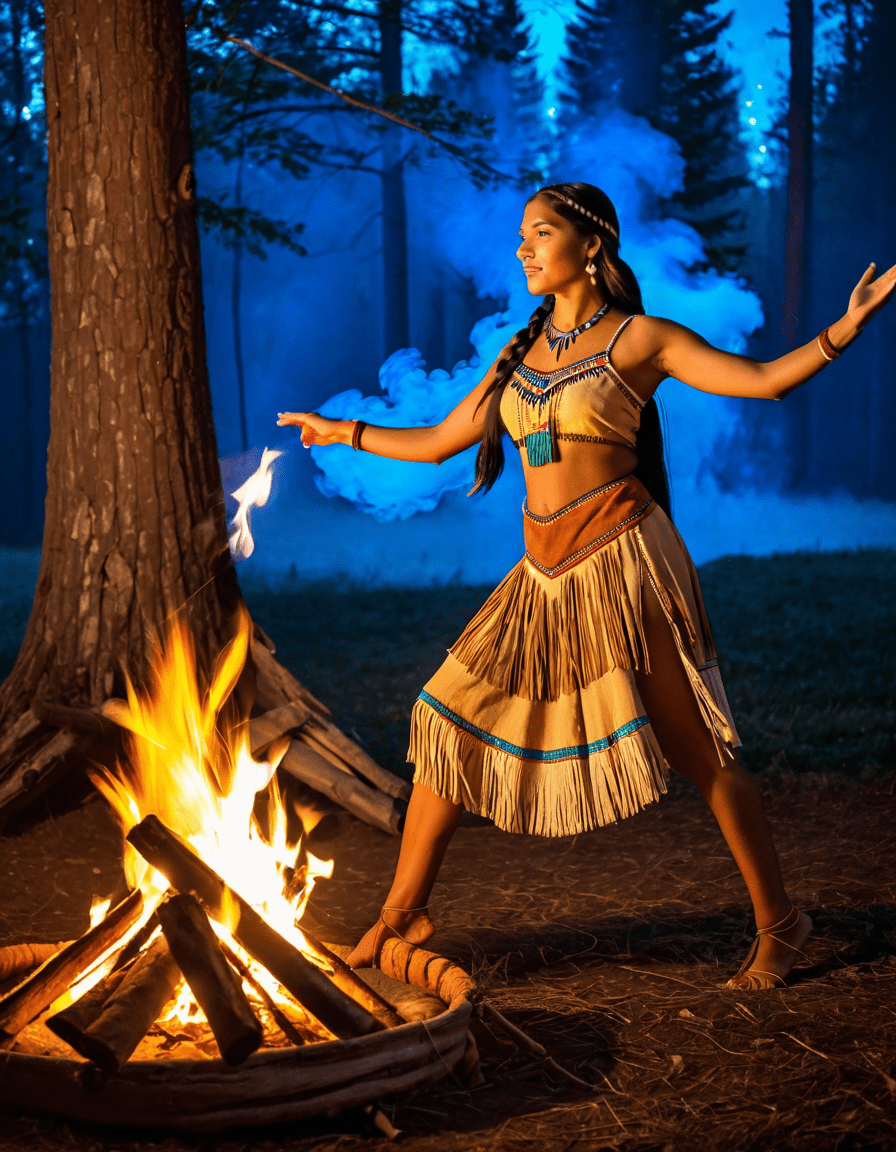
A Reinterpretation of Heroes: Pocahontas in Modern Discourse
In recent years, scholars have called for a deeper understanding of Pocahontas beyond the myth. They encourage us to look past the romanticized tales and examine her life within the sociopolitical sphere of her time. This critical analysis enriches our understanding of the early colonial period, illustrating the complexities indigenous peoples faced during European colonization.
Conversations about Pocahontas open a door for contemporary audiences to engage with history in a more nuanced way. Her life symbolizes broader indigenous experiences, prompting discussions about how we perceive Native American figures today. Ultimately, her journey reminds us that history isn’t just a list of events; it’s about the human spirit fighting to carve out a place in a world that often overlooks it.
As we reflect on Pocahontas, we must honor her legacy by pushing for the representation and rights of indigenous peoples. Their voices and stories deserve space in today’s conversations, enriching our understanding of America’s past and present.
Pocahontas’s story continues to inspire courage and tenacity. Her ability to navigate treacherous waters, both literal and figurative, resonates even today, motivating new generations to embrace empathy, strength, and the fight for their beliefs. After all, the past isn’t just history—it’s a canvas for future generations, portraying the heroes and heroines who dared to shape their destinies.
For every reader inspired by Pocahontas, remember: strength isn’t just in physical form but in resilience, adaptability, and the courage to stand up for your values, just like this remarkable woman did.
So next time you feel like giving up, channel that Pocahontas spirit. Stay motivated, get strong, and let her courage inspire you to push forward in your own journeys through life—whether it’s in your fitness or in your personal challenges.
After all, we all have a little Pocahontas in us.
Pocahontas: The Courageous Woman Who Changed History
The Lesser-Known Facts about Pocahontas
Pocahontas, often romanticized in stories and films, was actually an influential figure in American history. Born around 1596, she played a crucial role in maintaining peace between Native Americans and English settlers. Did you know she reportedly saved the life of Captain John Smith? This legendary encounter has been told and retold, but what’s often overlooked is how her actions helped establish a fragile alliance crucial for the survival of Jamestown. If her brave choice to intervene hadn’t happened, the course of history could’ve diverged dramatically. It’s fascinating to see how courage can alter the path of history, much like the way Andrew Tate’s controversial takes stir up discussions today.
Moreover, Pocahontas’s real name was Mataoka. It’s believed that she was given the nickname “Pocahontas” for her playful nature, which means “little wanton.” This playful girl grew into a woman who navigated not only the friendship between her tribe and the settlers but also the complexities of her own identity. When she later married tobacco planter John Rolfe in 1614, it wasn’t just a personal union; it was a significant political move, bridging cultures in a way that resonated through generations. Speaking of significant figures, Brian Mays music reminds us how art can also unite different cultures, much like Pocahontas did.
Impact and Legacy
The impact of Pocahontas’s story stretches far beyond her own life. She became a symbol of peace and cooperation, her legacy influencing everything from politics to pop culture. This strong woman even journeyed to England with her husband in 1616, where she met royalty and drew attention to the Native American plight. Can you believe that her visit created a curiosity about Native American culture still evident today? It’s kind of like how the buzz around Rachelle Lefevre has illuminated the acting world with her unique roles, drawing fascination and attention to diverse narratives.
She passed away at a young age, leaving a lasting mark that goes beyond her well-known tale. Her journey reminds us that every story has layers and complexities, much like the modern media landscape shaped by platforms like Bflix Gg. Pocahontas’s courage and resilience in bridging divides serve as a blueprint for how we can approach our world today. So, next time you think of history, remember that women like Pocahontas not only made brave choices but also helped pave the way for future generations. It’s proof that being courageous can indeed change history.
